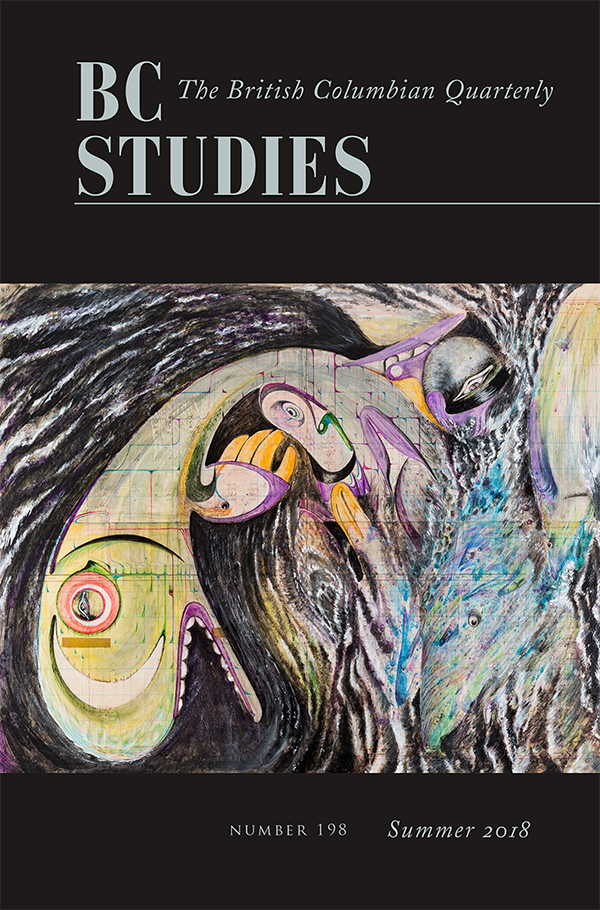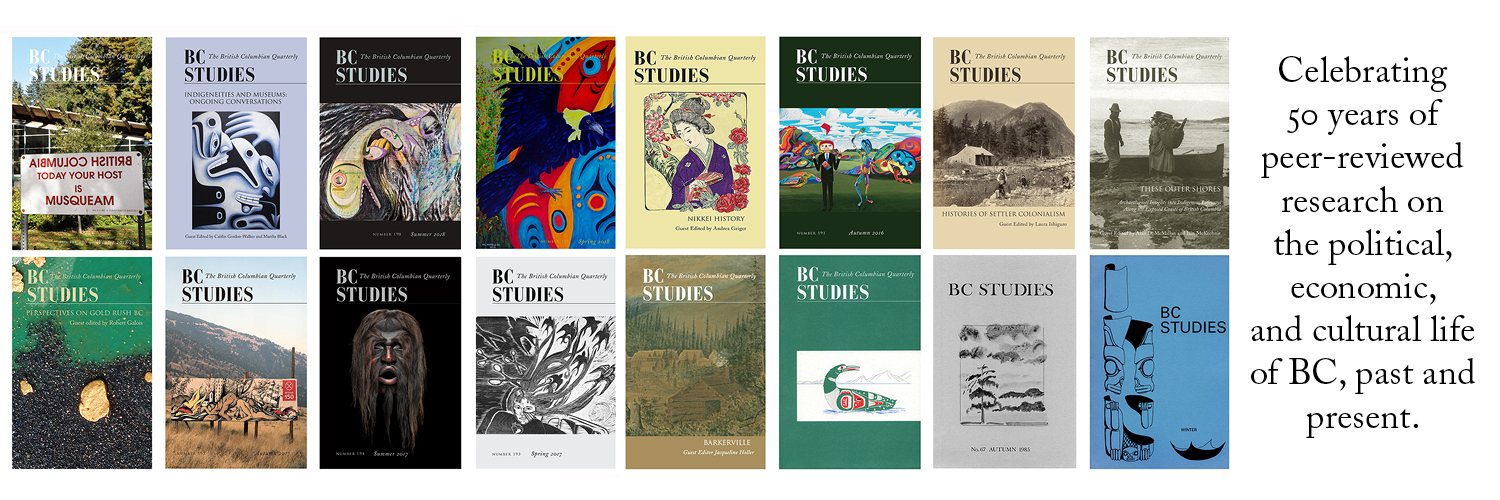University Impact on the Development of Industries in Peripheral Regions: Knowledge Organization and the British Columbia Wine Industry
DOI:
https://doi.org/10.14288/bcs.v0i198.189278Keywords:
economic development, food and nutrition, okanaganAbstract
When universities consider their impact on societies and economies, they typically stress medicine and the so-called STEM subjects: science, technology, engineering, and mathematics. In contrast, this paper considers a perspective from social science, specifically: how can social science overcome barriers to impacting the development of industries in peripheral regions? Our response is based on the importance of knowledge and voice in economic development, and focuses on the distinctive role of public universities in organizing knowledge. It centres on people gaining knowledge and understanding through open-ended inquiry, and experience as learning, guided by pursuit of the spirit of the truth. It stresses knowledge as key to empowering publics to find their voice, express their interests, and influence the strategic development of an industry. The analysis also embraces the idea that ‘art’ can contribute significantly to economic development. Visual images, literary works, installations and the like can provide a creative atmosphere that enhances education. They can enable people to discover meanings, deepen their understanding, foster their imagination, and in turn influence their actions and socio-economic activities - for example, what they choose to do, and how. To illustrate and deepen the analysis, the paper reflects on a partnership between the Okanagan campus of the University of British Columbia, and KEDGE Business School (Bordeaux, France) to support British Columbia to emerge as a globally recognized wine region.



